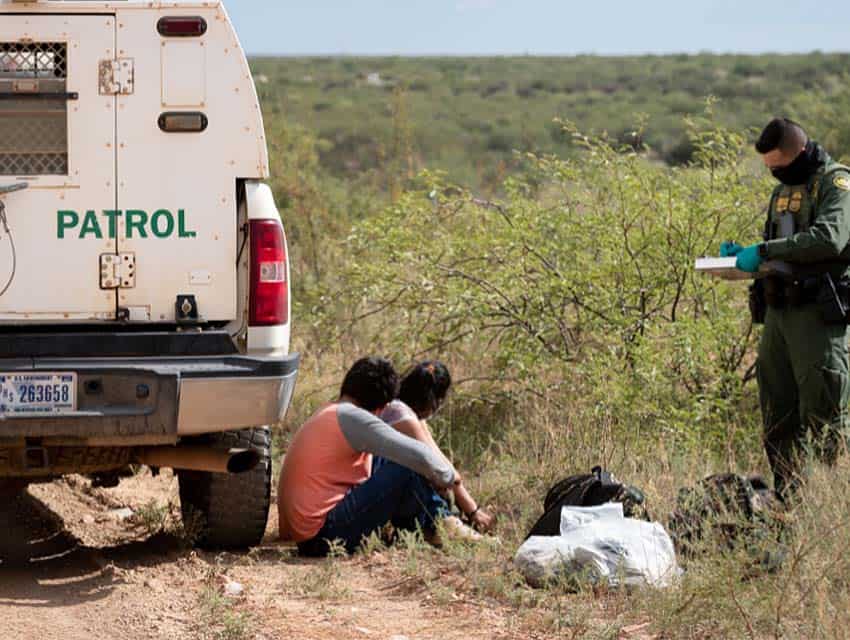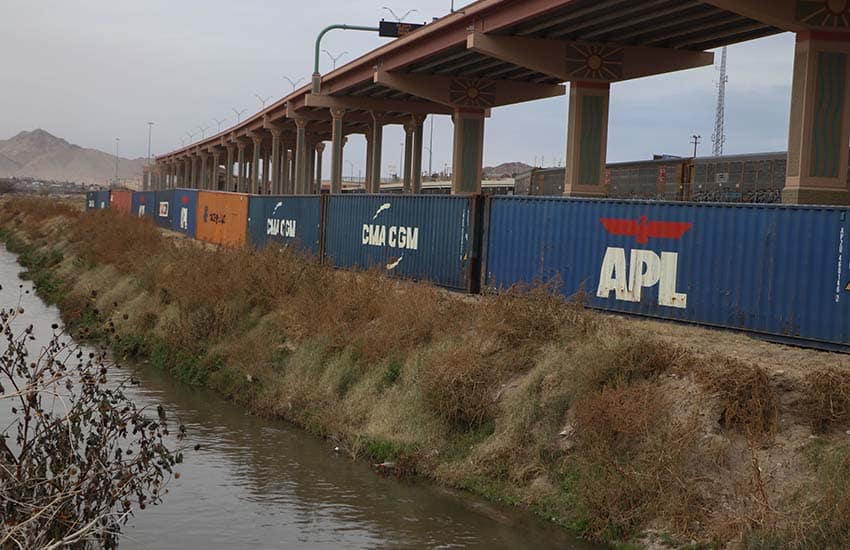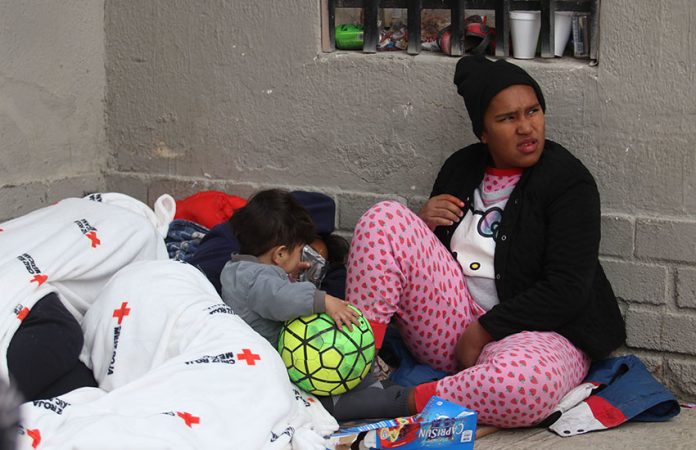Mexico has rejected a move by the United States to reactivate the Remain in Mexico policy, under which asylum seekers must wait in Mexico while their U.S. claims are processed.
The Biden administration has pledged to end the program, which the Trump administration introduced in 2019. The policy is currently suspended, after being terminated and reinstated several times due to contradictory rulings by U.S. courts.
In June, the U.S. Supreme Court ruled that Biden had the right to terminate the program. However, in December, a federal judge ruled in favor of a lawsuit brought by states including Missouri and Texas, which argued that the Department of Homeland Security had failed to show the policy was ineffective.
After U.S. authorities notified Mexico of the intention to reinstate the program, Mexico’s Foreign Affairs Ministry (SRE) issued a statement on Monday, strongly opposing the plan.
“Faced with an attempted implementation of this policy for the third time, the Government of Mexico, through the Foreign Affairs Ministry, expresses its rejection of the U.S. government’s intention to return persons processed under this program to Mexican national territory.”
The statement points out that 74,000 people entered Mexico under the Remain in Mexico policy under President Trump, compared to 7,500 people under President Biden.

Although the Remain in Mexico policy is officially called the Migrant Protection Protocols (MPP), it has been criticized by human rights groups for forcing migrants to wait in dangerous border cities where they are vulnerable to exploitation by criminal groups.
The SRE’s statement does not give specific reasons for Mexico’s decision. However, it concludes by saying that Mexico “reaffirms its recognition of the new, orderly, safe, regular and humane access routes for people from Cuba, Haiti, Nicaragua, Ukraine and Venezuela to the United States labor market.”
The latter refers to a new immigration plan announced by the Biden administration in January. Under the new protocol , up to 30,000 Venezuelans, Nicaraguans, Cubans and Haitians per month will be allowed to enter and work in the U.S. for two years, providing they pass all relevant checks and do not cross the border illegally. Similar measures were already in place for Ukrainians.
Mexico has committed to accepting up to 30,000 migrants per month expelled under this scheme.
However, questions remain about migrants from other countries, particularly Central Americans. Even while Remain in Mexico has been suspended, the U.S. has continued to expel many of these asylum seekers to Mexico under pandemic-era public health regulations known as Title 42.
Like Remain in Mexico, Title 42 has been subject to multiple contradictory U.S. legal rulings. Although a federal judge ordered its termination in November, the Supreme Court granted a stay in December after several U.S. states argued their services would be overwhelmed by a sudden influx of asylum-seekers allowed to stay in the U.S. to await processing of their claims

The Biden administration has expressed its opposition to Title 42 but says its hands are tied due to the Supreme Court ruling, and the U.S. continues to implement the policy.
If both Remain in Mexico and Title 42 are terminated, the U.S. will either have to allow asylum seekers to remain in the country while their claims are processed, or make other arrangements to remove them.
After the SRE rejected Remain in Mexico’s reinstatement, a spokesperson for the U.S. Department of Homeland Security told Reuters that the program “has always been contingent on the government of Mexico’s willingness to accept returns” and that the Biden administration would keep trying to terminate the policy through the courts.
With reports from Reuters and Aristegui Noticias
